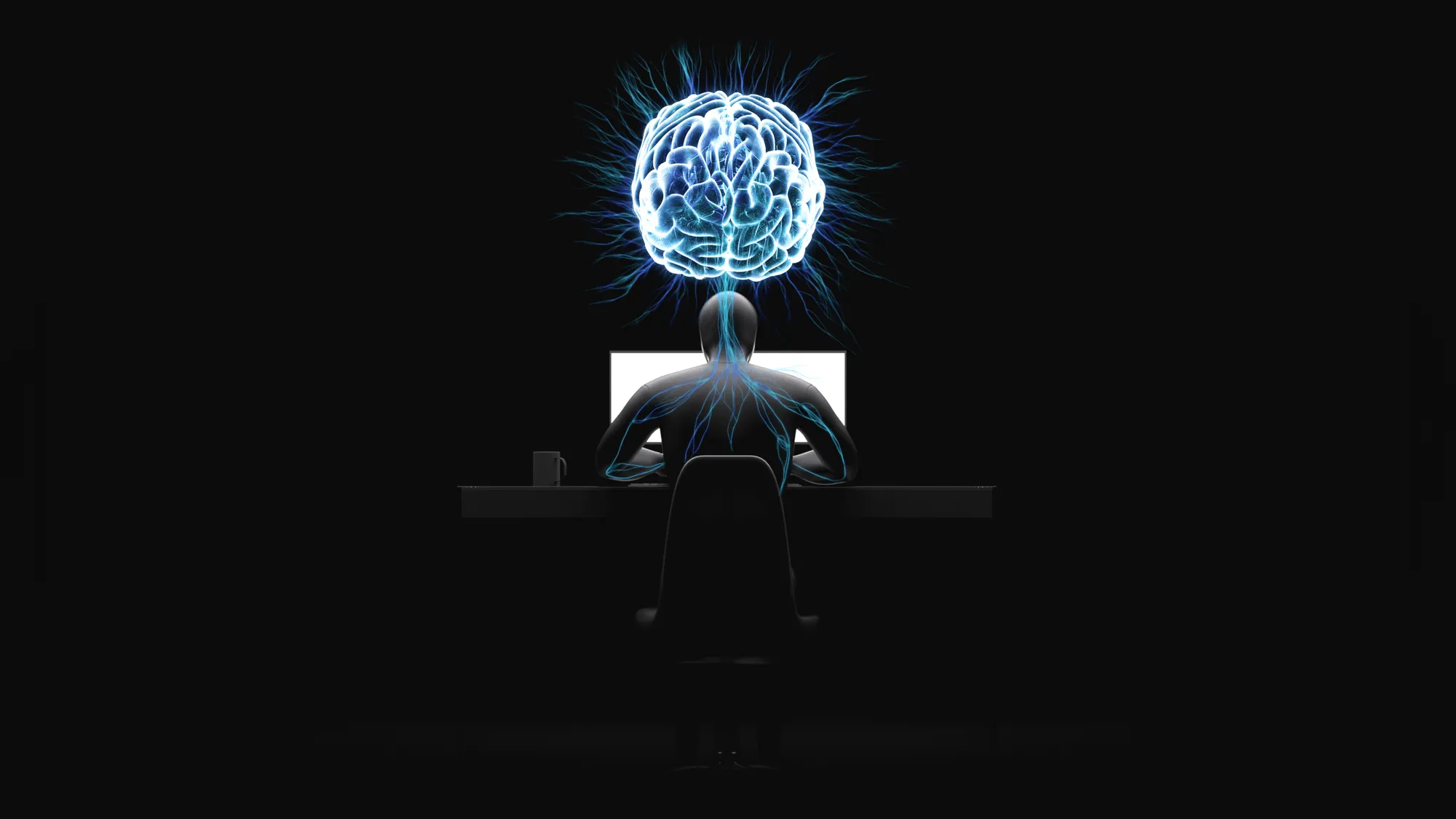
Today we’re talking about willpower.
First, what is it?
Willpower is self-control.
It’s the ability to resist distraction, stay focused, and delay gratification. It’s also a finite resource.
How much of a finite resource: that’s an open question.
Research conducted by psychologist Roy Baumeister linked willpower levels to energy levels, which helps explain why our willpower erodes as the day goes on.
People trying to lose weight, for example, often find they can stay on their diets until nighttime, then succumb to a temptation tub of ice cream before bed.
This also explains decision fatigue or the fact that, when forced to solve a series of hard problems, the quality of our solutions deteriorates over time.
Baumeister’s research has become the subject of some healthy debate, especially because he directly linked energy levels to glucose levels. But this detail is less important.
If you talk to peak performers, most agree that willpower declines over the course of the day.
Maybe this is just a normal drop in energy levels or maybe it’s directly related to what Baumeister termed “ego-depletion.” In either case, peak performers fight back with scheduling.
If willpower degenerates over time, don’t argue.
Just start your day with your hardest task and work backward—in descending order of importance and difficulty—to the easiest.
The business catchphrase for this approach is “eat your ugly frog first,” though it’s roughly the same procedure we should use for putting an order around our clear- goal list.
Always start your clear goal list, and thus your day, by attacking the task that, once accomplished, will produce the biggest win for that day.
Of course, since willpower declines over time, those second and third frogs can become the bigger issue. This is also why I have that sign above my desk reading Do the hard thing.
The phrase is a great reminder to attack life’s challenges, but its real function is much smaller: it’s to remind me to do one extra item on my to-do list before I take my first break.
If my day’s first task is to add 750 words to whatever book I’m writing and the second one is to practice a speech, my sign reminds me to practice that speech before I take my first break.
This helps me push through my tougher tasks while I still have the maximum energy for that push.
There are caveats, of course.
When we’re tired, we see decreased activity in the prefrontal cortex, and this leads to serious performance deficits. Attention wavers, cognition slows, and processing errors arrive with increasing frequency.
Creativity takes a bigger hit.
When we’re low on energy, we don’t bother seeking far-flung connections among ideas.
We take the easiest choice available, never mind the consequences.
What this means:
If you’re fighting a battle against lack of sleep, don’t fight one over willpower at the same time.
Finally, once the dust settles around the glucose debate, I think we’re going to find that boosting energy levels with food (Baumeister’s intervention) can help reset willpower, yet there will always be some “state shifting” required.
If you talk to peak performers about resetting willpower midday, they’ll talk about eating for certain (Baumeister’s suggestion), but naps, meditation, and exercise are frequently mentioned as well.
All of these latter interventions don’t just reset our physiology, they shift our state and reset our neurobiology, which seems to be another critical piece in this puzzle.
With that, it is time for you to get up and do the hard thing today.








